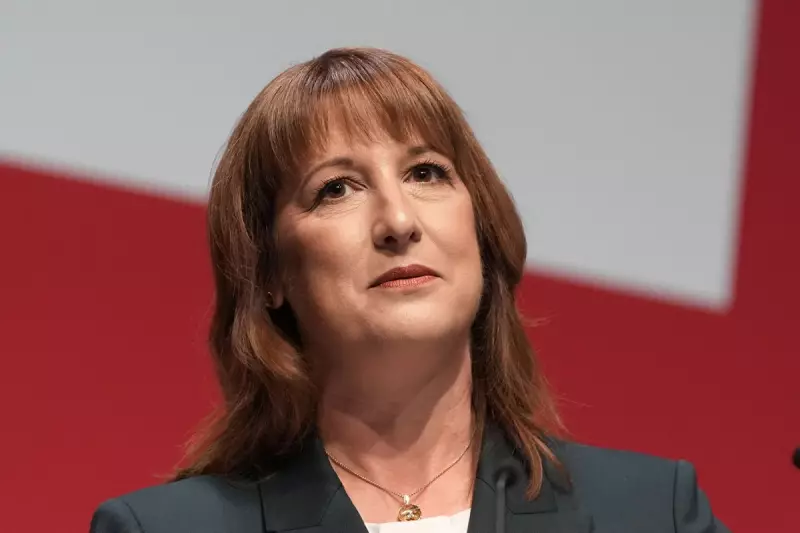
In a significant policy address, Shadow Chancellor Rachel Reeves has drawn a clear line in the sand, declaring that an incoming Labour government would reject austerity measures and instead pursue economic growth as its primary fiscal strategy.
The senior Labour figure used her platform to reassure both voters and financial markets that her party's approach to economic management would break from the Conservative government's reliance on spending reductions. "Our focus will be on growing the economy, not cutting welfare," Reeves stated emphatically.
Union Backing for Labour's Economic Vision
Reeves's position has garnered crucial support from trade union leaders, who have traditionally been wary of centrist economic policies. This endorsement represents a political coup for Labour, bridging the gap between the party's left wing and its more business-friendly leadership.
The shadow chancellor's comments come amid growing speculation about the contents of Labour's first budget should they win the next general election. Her remarks suggest a fundamental philosophical difference from the current government's approach to public finances.
Breaking from Conservative Economic Doctrine
While stopping short of revealing specific tax and spending plans, Reeves made clear that Labour would not seek to balance the books through reductions to the welfare budget. This stance positions Labour as offering a distinct alternative to what they characterise as thirteen years of Conservative-led austerity.
Economic analysts suggest this approach could appeal to voters weary of public service cuts while attempting to maintain fiscal credibility. The challenge for Labour will be demonstrating how growth-led recovery can effectively reduce the budget deficit without resorting to spending reductions.
With union support secured and economic lines clearly drawn, Labour appears to be laying the groundwork for an election campaign centred on economic competence and growth-oriented policies.





